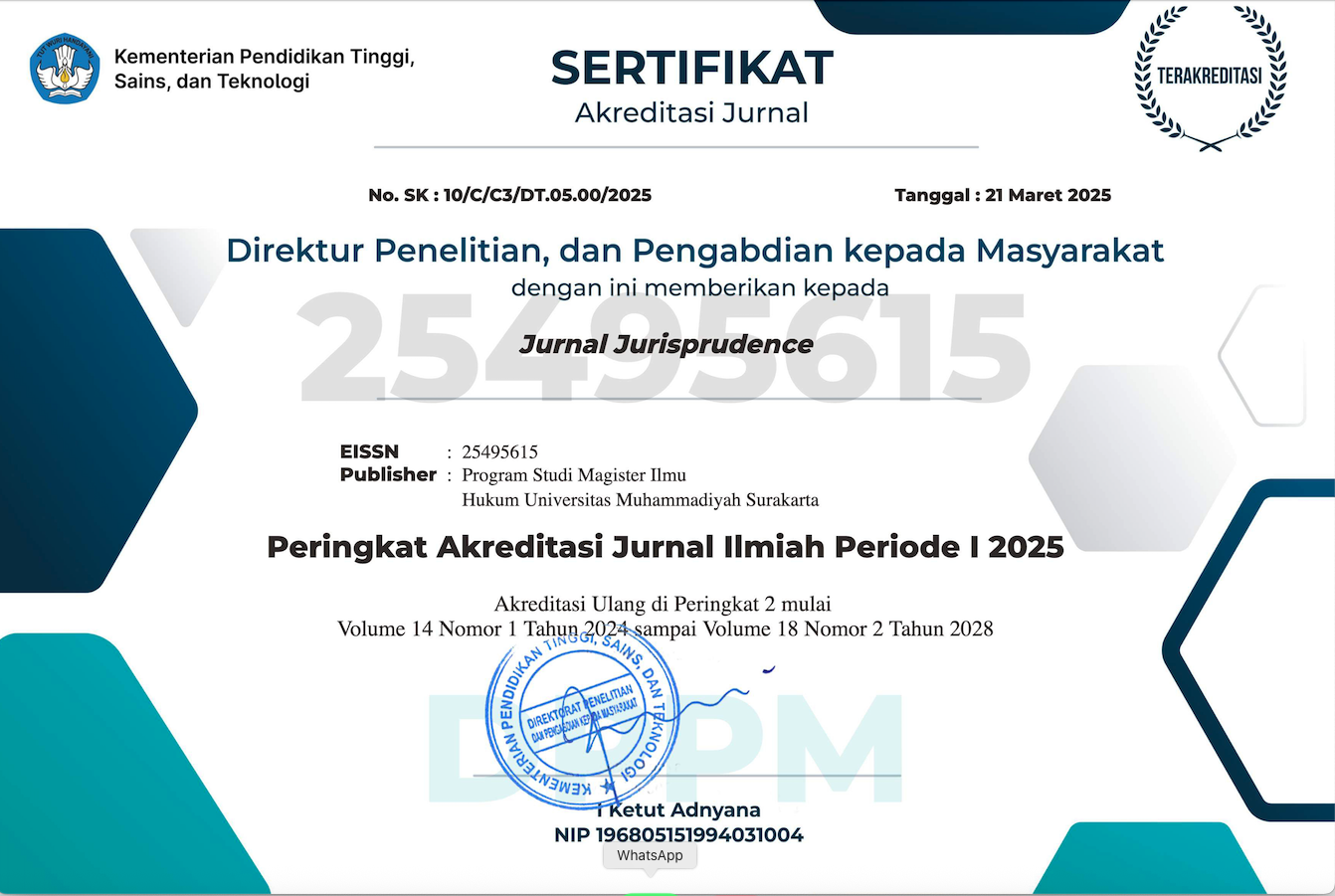Digital Archiving
Jurisprudence is committed to the permanent availability and preservation of scholarly research and to ensuring accessibility by converting and upgrading digital file formats to comply with the newest technology standards.
Provider Archive
Jurisprudence maintains a local state-of-the-art facility to store a complete, accurate digital version of the paper published. The current format standards are XML and .pdf; with most files being retained in both formats. Website archiving All of Jurisprudence electronic content (website, manuscripts, etc.) is stored in three different sources. Content on one server is online and accessible to the readers. The copy of the same content is kept as a backup on two other sources. In case of failure of one server, any one of the other sources can be made online and the website is expected to be accessible within 24-36 hours.
Self Archiving
Jurisprudence supports self-archiving (Google Drive). Jurisprudence permit and encourage authors to make their research visible and accessible to their peers by uploading the final published version of their articles in personal or institutional repositories immediately after publication while providing bibliographic details that credit, if applicable, its publication in the journal.
Indexing
Jurisprudence’s Abstracting/Indexing services store much essential information about the articles. Additionally, two of our journal’s Abstracting/Indexing services (GARUDA and ERIC) archive not only the metadata about the article, but the electronic versions of the articles, as well. Therefore, copies of the articles are available to the scientific community through their systems as an alternative to the journal's own.
All published articles are assigned to Digital Object Identifier (DOI) by CrossRef. Jurisprudence deposits publications in multiple digital archives around the world to guarantee long-term digital preservation. All published articles are indexed in Google Scholar, GARUDA, DOAJ, Dimensions and ERIC. All articles are permanently archived and available in HTML and PDF formats. Jurisprudence makes article metadata available in compliance with Open Archives Initiative protocols, enabling automated 'harvesting' of our research articles for inclusion in any other digital archives. We support non-exclusive digital archiving of research articles by as many international archives as possible, to ensure the security and permanent accessibility of that research.
















